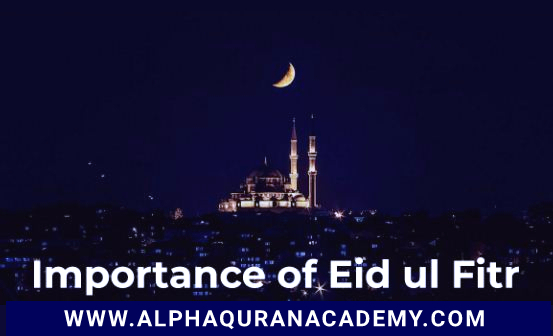Importance of Eid al-Fitr
After a month of prayer, devotion and self-control, Muslims celebrate the accomplishment of their sacred duties during Ramadan with the beginning of Eid al-Fitr, or the Festival of Breaking the Fast. The festival is a national holiday in many countries with large Muslim populations. Celebrations of Eid al-Fitr typically last for three days, one day fewer than those of Eid al-Adha. For this reason, Eid al-Fitr is often called “Lesser” or “Smaller Eid.” Eid al-Adha, known as “Greater Eid,” is seen as the more important holiday of the two.
During Eid al-Fitr, Muslims take part in special morning prayers, greet each other with formal embraces and offer each other greetings of “Eid Mubarak,” or “Have a blessed Eid.” They gather with family and friends, give games and gifts to children and prepare and eat special meals, including sweet dishes like baklava or Turkish delight in Turkey, date-filled pastries and cookies in Saudi Arabia and Iraq and bint al sahn (honey cake) in Yemen.
Another of the five pillars of Islam is Zakat, or giving to those in need. Muslims often prepare for Eid al-Fitr by giving money to charity so that less fortunate families can enjoy the festivities as well. In addition to charity, Muslims are also encouraged to give and seek forgiveness during Eid al-Fitr, and look forward to the opportunity to fast again during Ramadan the following year.
Differences between Eid al-Fitr and Eid al-Adha
The second major holiday in the Islamic calendar, Eid al-Adha, occurs at the end of the Hajj, the annual pilgrimage made by millions of Muslims to the holy city of Mecca in Saudi Arabia. According to the Quran, the Prophet Abraham (Ibrahim) was willing to sacrifice his son to God (Allah), but God accepted the sacrifice of an animal instead. Eid al-Adha, or the Feast of the Sacrifice, celebrates Abraham’s willingness to sacrifice his son for God.
Celebrations of the holiday typically last for four days, and are similar to those of Eid al-Fitr, except that Muslims celebrating Eid al-Adha traditionally acknowledge the occasion by slaughtering an animal for meat. The meat is then shared with family and friends, with a large portion given away to the less fortunate.

